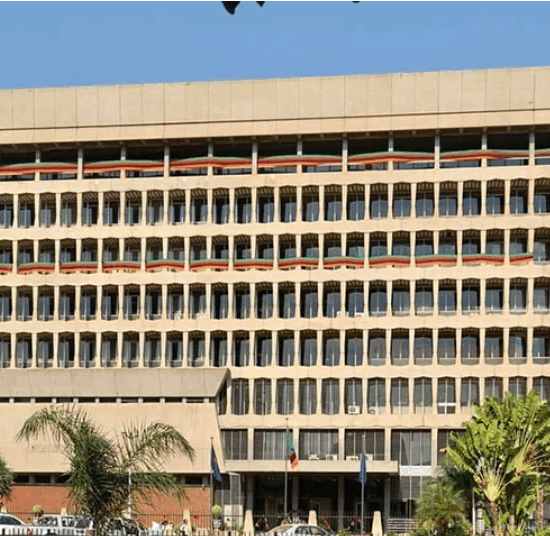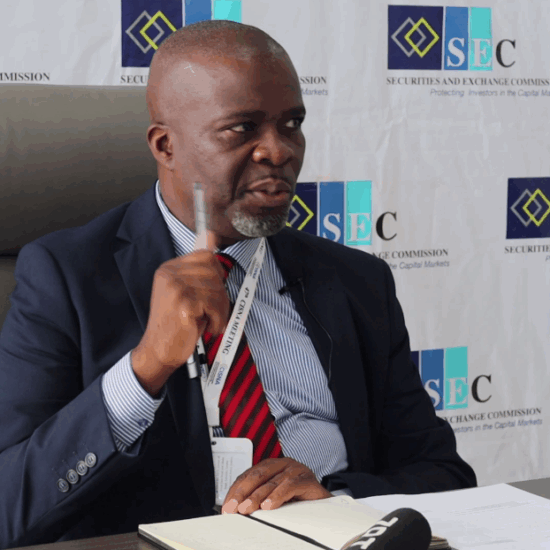
One of Zambia’s leading economists Yusuf Dodia has disclosed that the 2022 budget will lead to a huge increase in net foreign debt position for Zambia.
Dodia told the Zambian Business Times – ZBT that 29% of the 2022 national budget is being funded through foreign financing, so the country’s debt will increase on a net basis based on the financial model which has been adopted.
Dodia stated that “I’m concerned that we are looking for answers to our challenges from outside when we have this huge amount of copper earnings which we are not touching in our 2022 budget”, he said. Copper prices are expected and projected to remain buoyant throughout 2022.
He questioned that “where is the money going to come from because we are looking at a budget which has risen from K119 billion to K173 billion which is an increase of K50 billion. So where is the money going to come from to finance this and this is where the big challenge is, if we had not done that well in 2020, how can we expect to do better in 2022”, he said.
Dodia further revealed that revenue collections are expected to go up by between 35% and 90% and questioned company tax collections going up by 70% adding that the mechanism put in place to facilitate the collection of higher taxes in the 2022 budget is not clear.
He said many initiatives government has put in the budget are for medium to long-term development and the 2022 national budget is 12 months, so within 12 months the plan is to raise an extra K50 billion?.
Dodia additionally stated that it is not clear yet which criteria the Ministry of Small and Medium Enterprises will be using for the services that they will offer the local businesses in Zambia.
He however added that going by the President’s [Hichilma’s] pronouncements, businesses that are officially registered would be able to apply for technical support and receive support in terms of being connected to financial institutions that can provide them with loans and capital and connections between businesses themselves.
But these would be in the same line with the Citizen’s Economic Empowerment Commission (CEEC), which more or less provided a similar service. So, will CEEC continue or these will be done under the new ministry?
The economist advised that the ministry of SME should rather focus more on how they can create linkages for small businesses to government and other institutions such as purchasing units of various multi-national institutions adding that government should commit itself to buying from the small and medium enterprises as part of its support programme for developing the sector.
“I can advise business houses to formalize. Make sure that you are a registered company and at the end of the day, when you make your applications you are making your applications as a company which is officially registered in Zambia as a small and medium enterprise”, he said.







